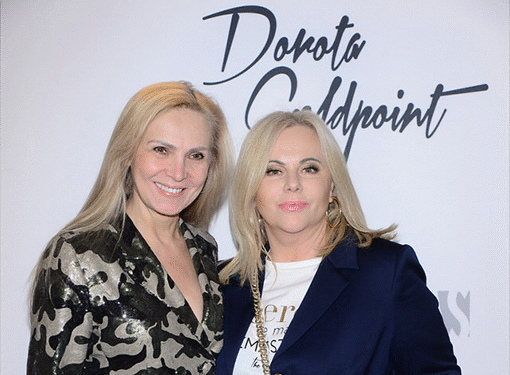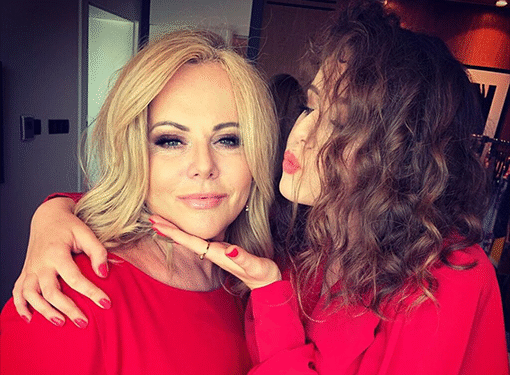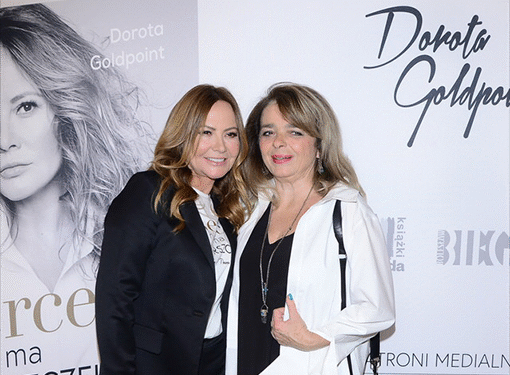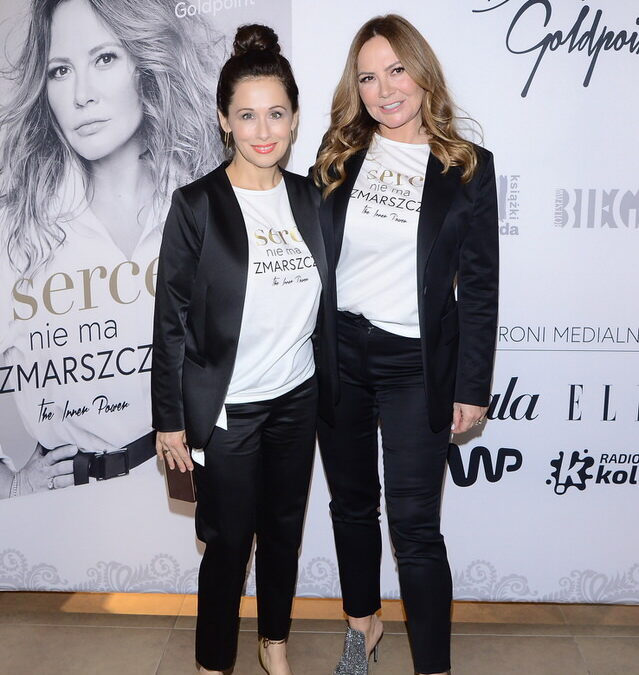
“I had a young mother, I had no father. I thought that if I was the TV lady, I would mean something.
Jolanta Fraszyńska is an actress well known to viewers. She became famous for her many film, TV and theater roles. We had the opportunity to admire her talent, among others: in Kilerów 2-óch, Na dobre i na złe or M jak miłość. Thanks to the TVP series Leśniczówka, viewers have the opportunity to admire the actress on the screen again after a long break. In connection with promotional activities, the actress also began to appear in salons and give interviews. The latest one has just been published on gazeta.pl, and the starting point of the conversation led by Angelika Swoboda was the fact that Jolanta Fraszyńska became one of the heroines of Dorota Goldpoint’s book The Heart Has No Wrinkles. The actress told, among others: about a difficult period of childhood…
Jolanta Fraszyńska about childhood
“I am a woman who has been through a lot,” Jolanta Fraszyńska says directly to Angelika Swoboda for gazeta.pl. The actress recently turned 51. On this occasion, she shared a touching post on Instagram with her fans, where she wrote: “I am more and more beautiful, more and more brave. I am strong. I am aware. This IS my direction! I wish all Mature Women love for themselves and abundance from everywhere,” we had the opportunity to read.
Today, in an interview, she explains that she is ready to tell women that change must start with herself: “because I am also proof that it is absolutely worth it,” she confesses. “I was born into a specific family, in a specific constellation. I had a young mother, no father, I lived in a town like no other. This left me with things on my “hard drive” that I had to account for and change. I didn’t believe in myself, I needed confirmation of my self-esteem. Without working through these shortcomings, I wouldn’t be the person I am today,” she says in an interview with Angelika Swoboda for gazeta.pl. It turns out that Jolanta was born when her mother was eighteen. Her older sister was born a year earlier: “My mother was born in 1950. My sister was born in February 1967 and I was born in December 1968. We were born in a small town, time after time, we had two fathers who took advantage of their daughters. In those days. There were plenty of rumors, speculations, and some secrets,” he confesses.
Breaking out of the small town became her goal. Only years later did she understand that she had the wrong motivation to make her dreams come true: “I thought then that if I was the lady from TV, the Jola whom everyone knows and admires, I would mean something. Much later I realized that this was not all, that it compensated for some part of it. And in order to feel my fullness, my true greatness, it would be good if I dealt with this deep-seated shame, the feeling of being inferior and self-doubt. And it’s not about the effect of being pompous or proud,” she reveals.
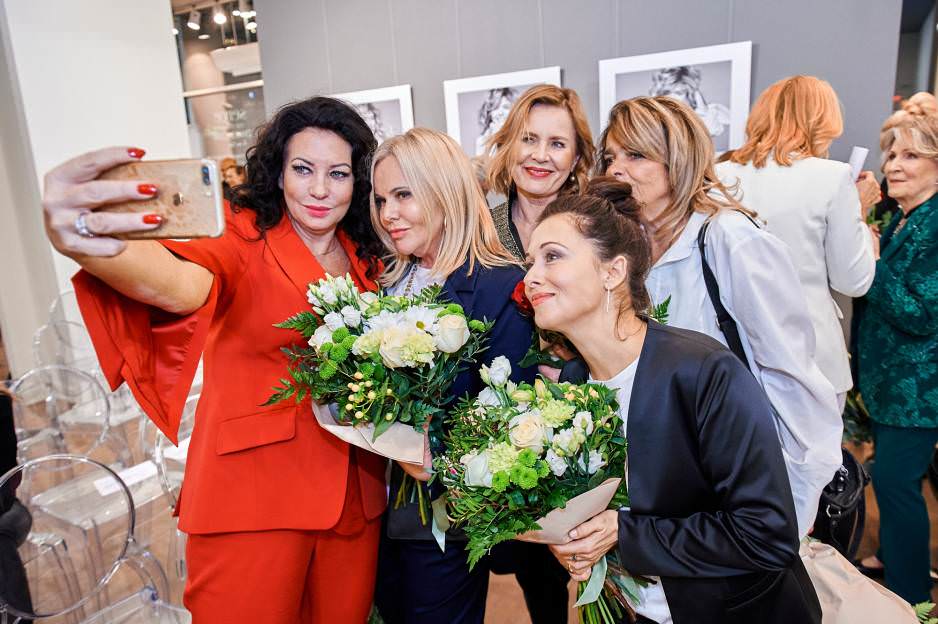
Jolanta Fraszyńska says directly that fame, audience recognition and great reviews did not make her happy: “I still felt a lack,” she says and adds: “I was one of the first public figures in Poland who openly said that they went to therapy. I am an adult child of alcoholics, like most of the population in our country, my life choices were determined by this condition. I was absolutely sensitive to the needs of others, mine were neglected. Classic. I am a rescuer, I am a savior,” he tells Angelika Swoboda for gazeta.pl.
Jolanta Fraszyńska: I am an adult child of alcoholics
When asked about what happened in her life that made her go to therapy, she says directly: “I had very strong panic attacks. And those were the ones that made it difficult for me to be on stage. For 20 years I have been using various therapies, workshops and training courses. I read appropriate developmental reading. Today I know that going to a therapist is important. For me it was a very important first step towards self-discovery – we get someone’s attention, perhaps for the first time someone listens to us and we speak. However, nowadays there are many other tools that we can use. Often more effective,” he reveals and adds:
“The pitfall of therapy can be that it will go on forever. But at some point we have to admit that we are adults, aware and take matters into our own hands. If school and education were more holistic and provided us with knowledge about emotions and how important they are for our health, we would probably be a less distorted nation.
Full article at viva.pl

